So what is the purpose of kissing?
Imagine a kiss being like a job interview for the elusive role of being someone’s significant other. The interviewer is looking for the candidate who best matches the job description. Similarly, when we kiss, we are looking for a mate that best matches our genetic make-up. ‘Wait, what do genes have to do with kissing?!’ – I hear you scream. Well, we actually have a group of genes called the MHC (major histocompatibility complex) genes that form part of our immune system and give us our natural scent. In a famous experiment, women overwhelmingly preferred the smell of t-shirts worn by men with different MHC genes from their own. This is because when two people with different MHC genes mate, the baby they would produce would have a selection of components from each of their immune systems. A more diverse immune system has a greater ability to fight disease. Therefore, opposites really do attract. This explains why we prefer kissing one person over another. It’s in our genes.
 What happens in our brains when we kiss?
What happens in our brains when we kiss?
The brain goes into overdrive during the all-important kiss. It dedicates a disproportionate amount of space to the sensation of the lips in comparison to much larger body parts. During a kiss, this lip sensitivity causes our brain to create a chemical cocktail that can give us a natural high. This cocktail is made up of three chemicals, all designed to make us feel good and crave more: dopamine, oxytocin, and serotonin. Like any cocktail, this one has an array of side-effects. The combination of these three chemicals work by lighting up the ‘pleasure centers’ in our brain. The dopamine released during a kiss can stimulate the same area of the brain activated by heroin and cocaine. As a result, we experience feelings of euphoria and addictive behavior. Oxytocin, otherwise known as the ‘love hormone’, fosters feelings of affection and attachment. This is the same hormone that is released during childbirth and breastfeeding. Finally, the levels of serotonin present in the brain whilst kissing look a lot like those of someone with Obsessive Compulsive Disorder. No wonder the memory of a good kiss can stay with us for years.
Is there a difference in Platonic and non-Platonic kisses?
Anyone who has ever given their best friend a quick kiss on the cheek will know it feels very different to the rush of sensations experienced when you make out with the smouldering hottie you’ve been chatting up all night. Non-romantic kissing is very common, but it is much more of a cultural phenomenon than the romantic kiss. Children blow kisses to their parents, some Europeans air-kiss as a greeting, and we kiss friends to say farewell. The closeness inherent in these kisses can create feelings of affection or respect, but not the feelings of euphoria that usually follow a romantic kiss. Platonic kisses are usually brief pecks on the cheek. In contrast, romantic kisses involve intimate, lengthy lip-to-lip contact. Since it is this lip contact that activates the chemical cocktail in the brain, a Platonic kiss just can’t compete.
Like many human behaviors, kissing is fascinating and complex. We have a lot left to learn about kissing, so get out there and research in the name of science with one partner preferably.
Emer Maguire

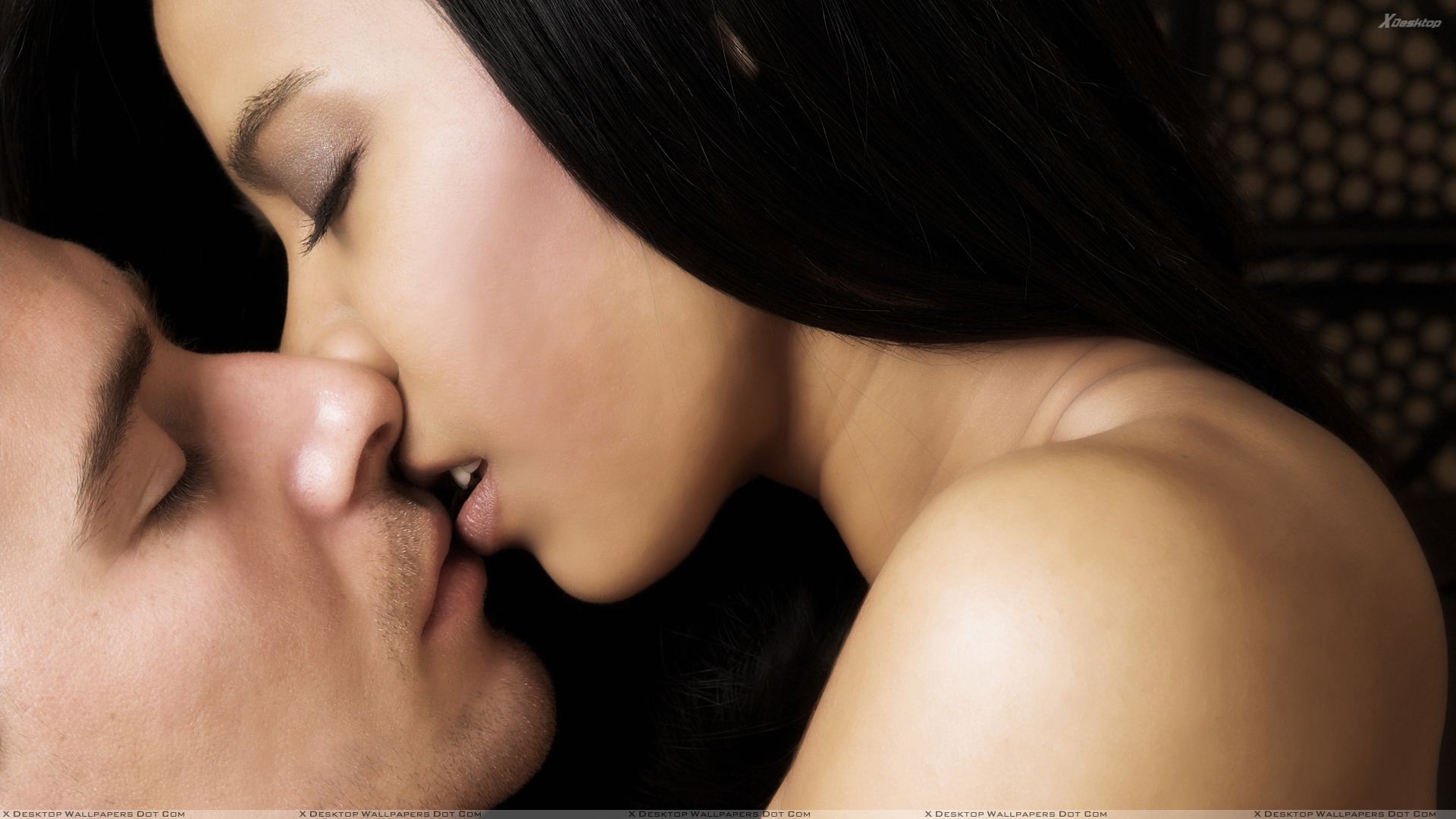
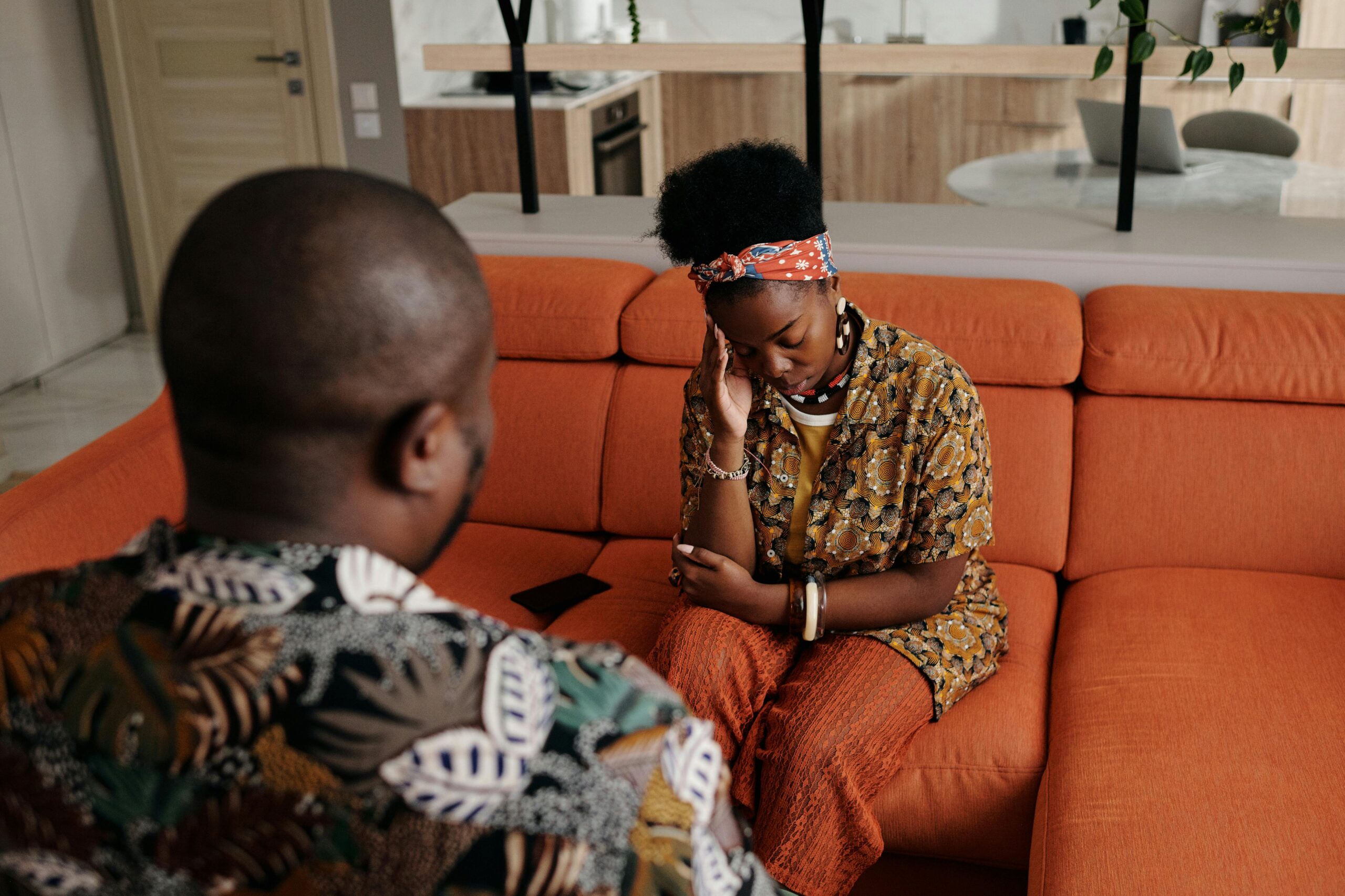











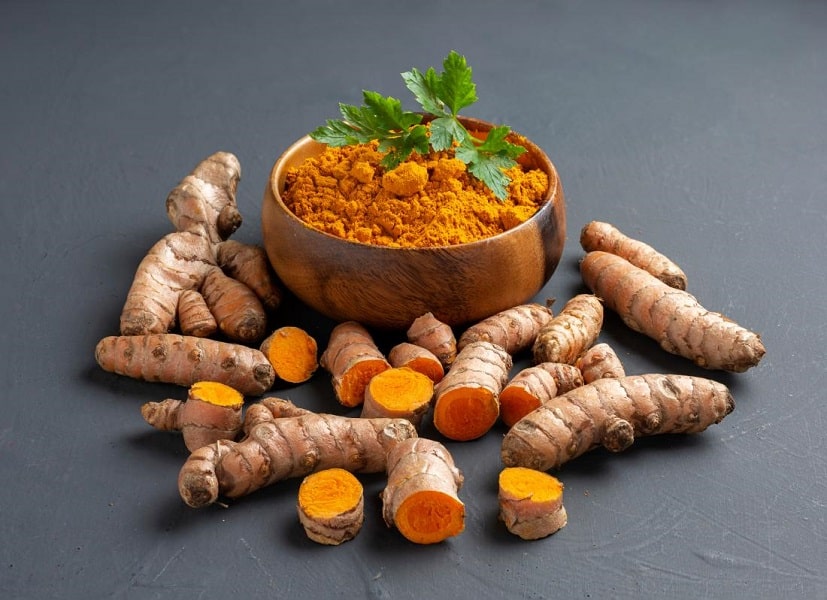
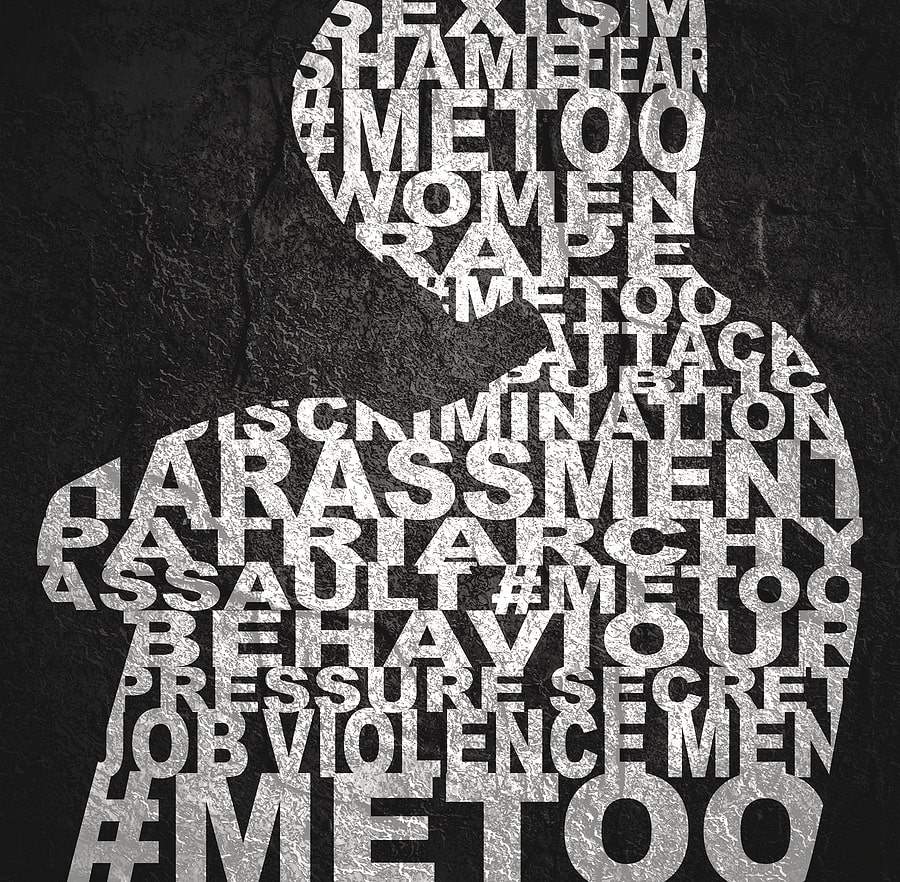
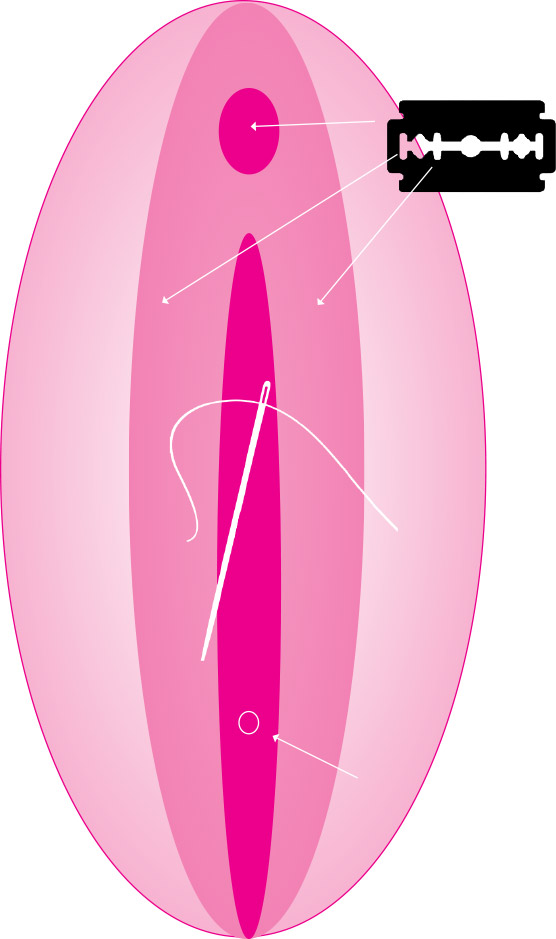


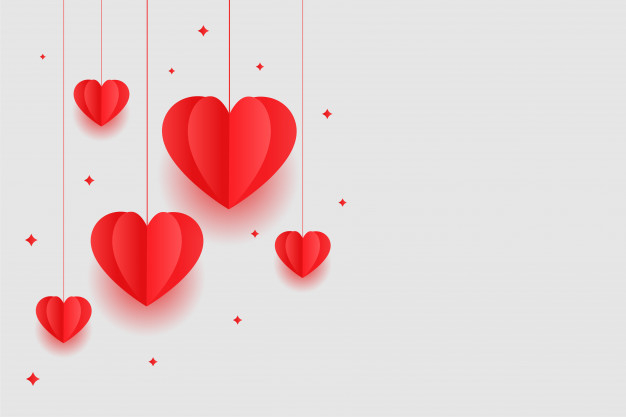


2 Comments
This content is awesome. Quite educative and instructive, please keep it up. I appreciate. Gentle Giant
Thank You.
You will get great Infos here,keep checking back.
Enjoy!